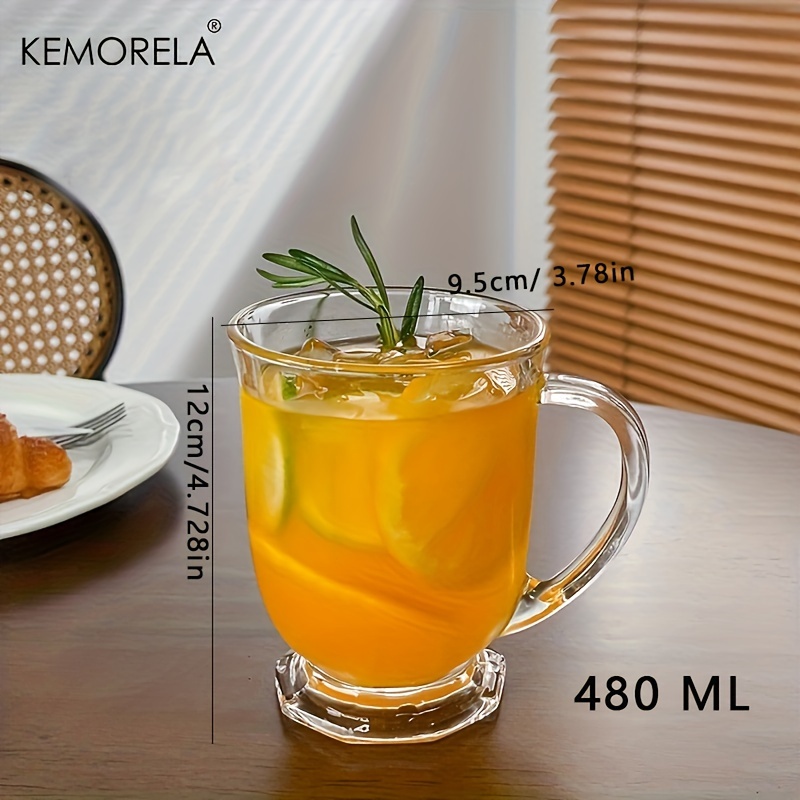Self-care is an important aspect of maintaining a healthy mind and body. It's essential to take time for yourself, especially in today's fast-paced and stressful world. Here are five simple self-care ideas that can help you feel rejuvenated and energized:
1. Get Enough Sleep
Getting enough sleep means getting the amount of sleep your body needs to function optimally. The amount of sleep a person needs can vary depending on a variety of factors, including age, lifestyle, and overall health.
Generally, adults need an average of 7-9 hours of sleep per night, although some people may require more or less than that. Children and teenagers typically need more sleep, with recommended amounts ranging from 9-12 hours per night for school-age children, and 8-10 hours per night for teenagers.
Getting enough sleep is important for a variety of reasons. It allows the body to rest and repair, which is essential for physical health. It also plays a crucial role in cognitive function, including memory, attention, and decision-making. Poor sleep can lead to a range of negative health outcomes, including a weakened immune system, increased risk of accidents and injuries, and an increased risk of developing chronic health conditions such as obesity, diabetes, and heart disease.
If you are having trouble getting enough sleep, there are several strategies you can try. These may include establishing a regular sleep schedule, creating a relaxing bedtime routine, avoiding caffeine and alcohol, and creating a comfortable sleep environment. If you continue to struggle with sleep, it's important to talk to a healthcare provider to rule out any underlying sleep disorders or other health conditions.
2. Practice Mindfulness
Mindfulness is the practice of being present in the moment, without judgment. Practicing mindfulness means intentionally focusing your attention on the present moment, without judgment or distraction. It involves being fully engaged and aware of your thoughts, feelings, and physical sensations in the present moment, rather than getting caught up in worries about the future or regrets about the past.
Mindfulness can be practiced in many different ways, such as through meditation, deep breathing, or simply by focusing on your senses and surroundings. The goal is to cultivate a sense of calm and non-judgmental awareness of the present moment, which can help reduce stress, improve concentration, and promote overall well-being.
One common way to practice mindfulness is through meditation. This involves sitting quietly and focusing your attention on your breath, allowing your thoughts to come and go without getting caught up in them. There are many different types of meditation, but the basic goal is to cultivate a sense of calm and focus.
Another way to practice mindfulness is through simple daily activities, such as eating, walking, or washing dishes. These activities can be done mindfully by focusing your attention on the sensations and experiences of the present moment, rather than rushing through them or getting distracted by other thoughts or worries.
Practicing mindfulness takes time and effort, but it can have many benefits for mental and physical health. By cultivating a greater sense of awareness and calm in the present moment, mindfulness can help reduce stress, anxiety, and depression, improve concentration and cognitive function, and promote overall well-being.
3. Stay Hydrated
Drinking enough water is essential for maintaining physical and mental health. Staying hydrated means maintaining adequate fluid levels in the body by drinking enough water and other fluids. Water is essential for the body to function properly, as it helps regulate body temperature, transport nutrients, and oxygen to cells, and remove waste products from the body.
The amount of water a person needs can vary depending on a variety of factors, including age, gender, activity level, and overall health. However, as a general guideline, adults should aim to drink at least 8 glasses of water (64 ounces) per day, although some people may require more or less than that amount.
Staying hydrated is important for a variety of reasons. In addition to helping maintain normal bodily functions, adequate hydration can also help prevent dehydration, which can lead to symptoms such as headaches, fatigue, and dizziness. Drinking enough water can also help improve skin health, aid in digestion, and promote weight loss.
To stay hydrated, it is important to drink plenty of fluids throughout the day, especially during times of increased physical activity or in hot weather. While water is the best choice for staying hydrated, other fluids such as herbal tea, juice, and milk can also contribute to fluid intake. It's important to listen to your body and drink water when you feel thirsty, as thirst is often a sign that your body needs more fluids.
4. Practice Gratitude
Taking time to reflect on the things you're grateful for can help improve your mood and mental health. Practicing gratitude means intentionally focusing on and appreciating the good things in life, rather than dwelling on negative thoughts or experiences. It involves cultivating a sense of thankfulness and appreciation for the people, experiences, and blessings in our lives.
There are many ways to practice gratitude, such as by keeping a gratitude journal, expressing thanks to others, or simply taking a few moments each day to reflect on the positive aspects of your life. The goal is to shift your focus from negative thoughts and experiences to the good things in your life, which can help improve your mood, reduce stress, and promote overall well-being.
Gratitude has been linked to a variety of physical and mental health benefits. Studies have shown that people who practice gratitude regularly are more likely to experience positive emotions, better sleep, and improved overall well-being. It can also help reduce symptoms of depression and anxiety, increase feelings of social connection and support, and improve self-esteem and resilience.
Practicing gratitude can take time and effort, especially if you are used to focusing on negative thoughts or experiences. However, with practice, it can become a habit and a way of life, helping you to appreciate the good things in your life and find joy in even the small moments. Write down a few things you're grateful for each day, or simply take a few minutes to appreciate the good things in your life.
5. Unplug From Technology
Taking a break from technology can help you feel more present and reduce stress. Set aside time each day to unplug from social media, email, and other digital distractions. Unplugging from technology means taking a break from electronic devices such as smartphones, computers, and tablets. It involves intentionally disconnecting from digital devices and taking time away from the constant barrage of information and stimulation that they provide.
Unplugging can take many different forms, from taking a short break from devices during the day to completely disconnecting for an extended period. Some people choose to unplug for a few hours each day, while others take a digital detox vacation and completely disconnect for a week or more.
The benefits of unplugging from technology are numerous. It can help reduce stress and anxiety, improve sleep quality, and promote better mental health. It can also provide an opportunity for increased focus and productivity, as well as more meaningful social connections with friends and family.
Unplugging can take some effort, especially in our digital age where we are constantly bombarded with messages and notifications. However, it is important to remember that technology is a tool, and it is up to us to control our use of it. By taking intentional breaks from technology, we can better manage our relationship with digital devices and create a healthier, more balanced lifestyle.
In conclusion, self-care is essential for maintaining a healthy mind and body. Incorporating these simple self-care ideas into your daily routine can help you feel rejuvenated and energized. Remember to take time for yourself and prioritize your mental and physical health.















Post a Comment